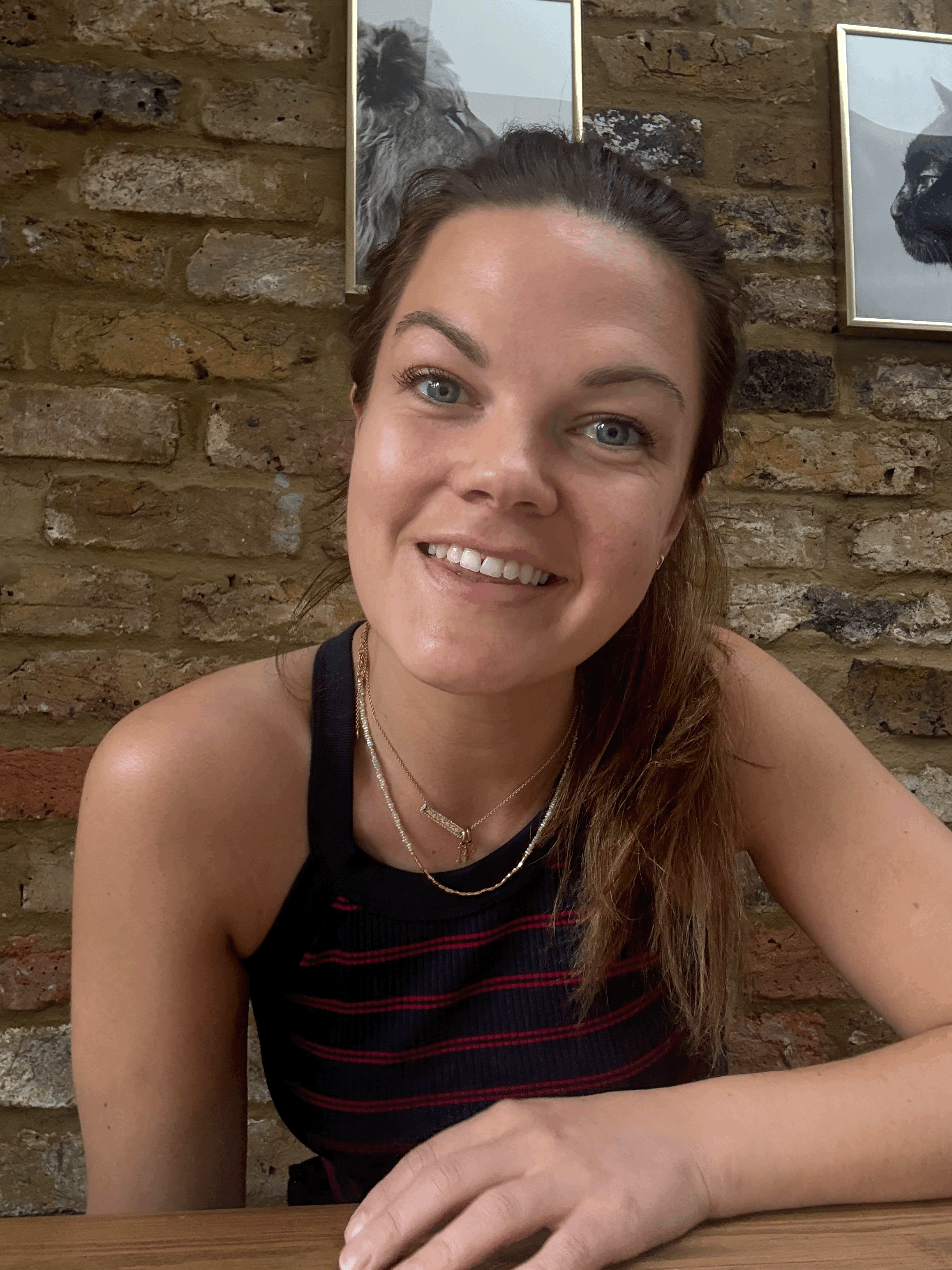Therapist spotlight: Emma Pomroy
We decided this year to create a blog series called “therapist spotlight” to share insights, learnings and stories from our team. It seems only fair that I start this series, and tell you how I came to be a private paediatric speech & language therapist living & practicing in Wandsworth, South-West London!
Why did you become a speech therapist?
I knew from an early age, that I needed to do a job I loved and that felt meaningful (I had watched my Dad do jobs he hated, and then find his passion and I felt determined to find mine). During my school work experience, I saw for the first time what speech therapy was. I had my work experience at a school for children with acquired brain injuries and I watched the ‘speechies’ support these children to tell their parents they loved them, express pain, annoyance and joy. What could be more important than that?! Plus it was a job where I could play for a living!
What do you wish more people knew about speech & language differences?
It’s ok to not have the answer to what works best for that child. You’re not expected to be an expert in them, but often by talking to their parents, or the child themselves if old enough – you will learn a lot.
What is a recent therapy win/ highlight that you can share?
We recently had an amazing training session from Dani (the OT who uses our therapy space on a Saturday), all about sensory profiles. I have started using more visual & tactile sensory input in my sessions and it has made the biggest difference! I am seeing more regulated children and more communication as a result!
What does a 'typical' session look like with you?
This is a hard question to answer, because in my practice ‘typical’ doesn’t really exist! What I do is so bespoke to each child, their interests and their profile that every session varies. It is what makes my job the most fun and the most tiring, because so much thinking and planning goes into every session!
However, the guiding principles for me are; shared joy, being a cheerleader for that little person & celebrating who they are and what they can do, and ensuring we get plenty of time playing with things/ activities they adore, whilst sneaking in therapy targets.
Check back for more therapist spotlights coming soon!
My Favourite Speech & Language Therapy Toys This Autumn
One of the joys of being a speech and language therapist is discovering creative, playful tools that bring sessions to life. This autumn, I’ve been leaning on a few standout toys that have made therapy not only effective, but also full of laughter and excitement.
Voice Recording Buttons 🎤
These simple, colourful buttons have been a hit across age groups. You can record short phrases, single words, or sound effects, and children love the instant playback. I’ve been using them for:
Turn-taking games: Each child records their response and presses the button when it’s their turn.
Choice-making: Record different options and let children press to choose.
Speech sound practice: Children record their target word and then listen back – a motivating way to build awareness of how they sound.
The immediate feedback keeps children engaged, and it’s a brilliant way to build confidence in a playful way.
Balloon Pump with Car Attachments 🚗🎈
This one has been an absolute favourite! The pump inflates balloons that attach to little cars. Once the balloon is full, the car zooms off across the floor – and the anticipation is just as exciting as the race itself.
I’ve used it for:
Turn-taking and waiting skills: Everyone gets a turn pumping and racing their car.
Requesting and commenting: Children are motivated to say “go!”, “again!”, or describe what’s happening.
Concepts and comparison: Which car went faster? Which balloon made it go further?
Breath support: Talking about balloons and air can be a natural way to introduce concepts related to breathing and voice.
The best part is that it never fails to bring smiles (and sometimes squeals!) to the session.
Why I Love These Toys This Season
Both of these toys are inexpensive, easy to set up, and versatile across therapy goals. They encourage communication in a natural, fun context, while also creating shared joy – which is at the heart of speech and language therapy.
If you’d like to explore more of my favourite resources, I’ve put together a toy & resource list, which you can find here.
As the weather turns cooler, these little moments of play have made my therapy sessions feel warm, lively, and memorable.
Helping Children Find Their Voice: My Feature on the CBBC Parenting Helpline Podcast
As a speech therapist based in Wandsworth, South West London, I’m passionate about helping children develop their communication skills and supporting families through every step of their journey. That’s why I was thrilled to recently join the CBBC Parenting Helpline podcast to talk about some of the most common questions parents have about speech and language development.
In the latest episode of Parenting Helpline, I chat with Holly Hagan-Blyth and Charlie Hedges about a range of topics, including:
How children learn language in everyday life
Practical tips parents can use at home
Ways to support children experiencing speech delays
This podcast episode is a fantastic resource for any parent looking to better understand their child’s communication development — whether you’re curious about what’s typical, or you’re concerned that your little one might need extra support.
Why Speech Therapy Matters in the Early Years
Early support can make a big difference. As a local speech and language therapist in Wandsworth, I work with families across South West London to build strong communication foundations. Every child develops differently, but with the right tools and strategies, they can gain the confidence to express themselves fully.
Join Me for a Parent Talk This October
This October, I’ll be hosting a special parent talk for families with preschoolers in Wandsworth and South West London. During this event, I’ll share practical advice on:
How you can support your child’s speech and language skills at home
Simple, everyday strategies to encourage communication
Your questions answered in a live Q&A session
If you’ve been wondering how best to help your child’s speech and language development, this is a great opportunity to gain confidence and ask any questions you might have.
Listen to the Podcast & Get Involved
You can listen to the full Parenting Helpline episode here
If you’re local to Wandsworth or the surrounding areas of South West London, I’d love for you to join me at the October talk — or get in touch if you’d like to discuss how speech therapy can support your child’s unique journey.



